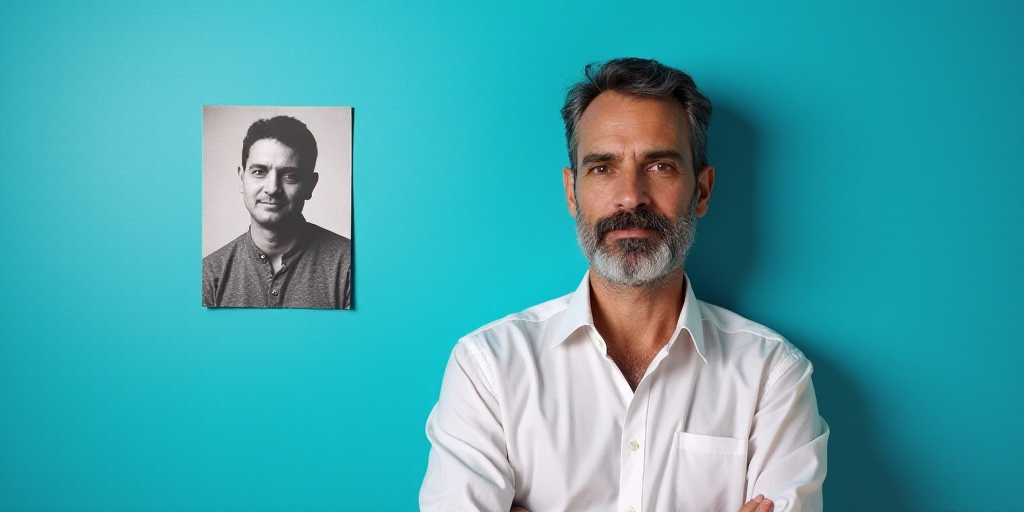Introduction
Throughout my experiences, I’ve encountered numerous individuals who have opted for solutions that ultimately created greater problems. A common example is people who view credit cards as emergency funds, neglecting to save or create a dedicated fund for unexpected expenses. Instead, they rely on plastic when faced with unforeseen circumstances.
Credit Card Misuse
The issue arises when dealing with substantial amounts. These individuals are unprepared to handle, at times, even the minimum required payment. Their lives change as they seek shortcuts.
Similarly, those who take out loans to pay off other debts believe that “consolidating” their obligations will alleviate their financial troubles. While consolidation can be beneficial when done wisely, it must be accompanied by a change in consumption habits and money management. Otherwise, it becomes a temporary relief, worsening the problem in the long run.
I’ve witnessed individuals requesting consolidation loans with lower, manageable monthly payments. This eases cash flow pressure. They clear their credit cards but continue using them as before, now owing both the consolidation loan and their credit cards. Eventually, they find themselves more indebted than when they started, akin to patching one hole only to create a larger one.
The Psychology Behind It
The intriguing aspect lies in the psychology behind these decisions. A reader once reached out, wanting to “consolidate” debts. However, no bank was willing to lend. He sought alternatives through peer-to-peer lending institutions but was also rejected.
For this reader, financial institutions were at fault. He wrote, “If they don’t lend to me, how can they expect me to pay them?”
A family member of mine, once careless with finances, decided to switch his car insurance to limited coverage. He was more concerned about theft than accidents, as he considered himself a safe driver.
Days later, he was involved in an accident. The insurance companies agreed that each party would cover their own damages, likely because it was the most convenient solution for them.
In essence, my family member ended up bearing the brunt of the damage. His car sustained structural harm, leading to a total loss. The perceived savings from switching to limited coverage turned into a much bigger problem.
The Role of Mentalities
Numerous examples like these exist in personal finance. There are strategies that can be helpful when executed correctly, but there are also shortcuts and quick fixes that may exacerbate the problem instead of solving it.
Much of this stems from people’s mindsets, unfortunately. It’s about how individuals perceive their situation and relate to money.
A long-time friend, a colleague with a leadership position, once contacted me for credit repair service references before signing a contract. We spoke for over two hours.
He shared that he was drowning in debt and unable to make payments. Initially, I found it hard to believe. He explained that between club fees, children’s school and activity costs, credit card payments, and his wife’s truck loan (she had stopped working), he was spending more than his monthly income.
He was about to receive his annual bonus, but it wouldn’t suffice to settle his credit card debts. He considered stopping payments, using a credit repair service, and negotiating a discount to maintain his lifestyle as if nothing had changed.
I explained the consequences of this decision, emphasizing that he was using credit cards to live beyond his means and that this issue would eventually need addressing. I also reminded him that credit history is sometimes considered in financial decision-making roles.
Fortunately, he listened and understood that the ‘easy way out’ could lead to a much bigger problem. It took immense effort, but he managed to reverse his situation.
Key Questions and Answers
- What are some common financial pitfalls? – People often misuse credit cards for emergencies, neglecting savings, or consolidating debts without changing spending habits, which can worsen their financial situation.
- How can changing insurance coverage impact finances? – Switching to limited coverage might seem like a cost-effective choice, but it could lead to significant expenses if an accident occurs, as demonstrated by the example of structural damage to a vehicle.
- What are the consequences of prioritizing quick fixes over long-term solutions in personal finance? – While shortcuts may provide temporary relief, they often result in more severe problems. It’s crucial to adopt sustainable financial strategies and change consumption habits for lasting improvement.






